Entry Category: Government and Politics - Starting with S
 Siloam Springs Post Office Art
Siloam Springs Post Office Art
 Skylight
Skylight
Slater, Rodney Earl
Slavery
Slemons, William Ferguson
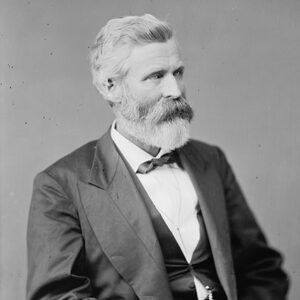 William Slemons
William Slemons
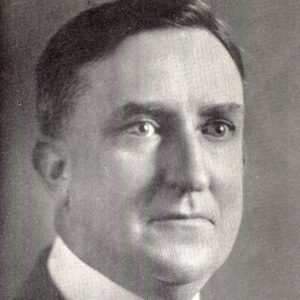 Frank G. Smith
Frank G. Smith
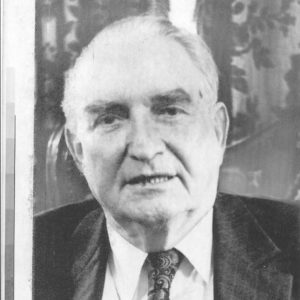 Gerald L. K. Smith
Gerald L. K. Smith
Smith, Lindsley Farrar Armstrong
Smith, Morgan
Smith, Ray Sammons, Jr.
Smith, Stephen Austin
Smith, V. V.
aka: Volney Voltaire Smith
Smith, William W.
Smithee, James Newton
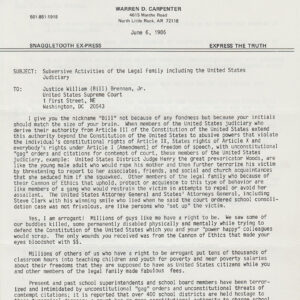 Snaggletooth Ex-Press
Snaggletooth Ex-Press
 Snyder Campaign
Snyder Campaign
 Snyder Campaign
Snyder Campaign
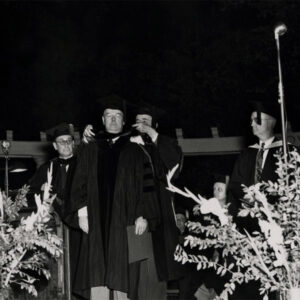 John W. Snyder
John W. Snyder
Snyder, John Wesley
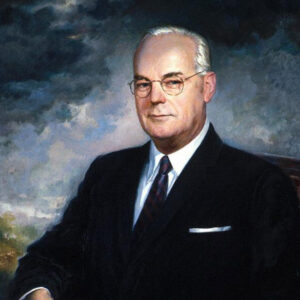 John Wesley Snyder
John Wesley Snyder
Snyder, Oliver P.
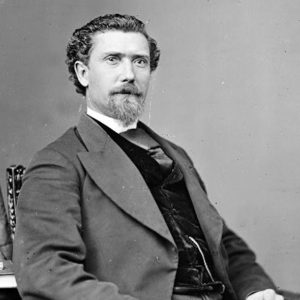 Oliver P. Snyder
Oliver P. Snyder
 Vic Snyder
Vic Snyder
Snyder, Victor F.
Socialist Party
Soil and Water Conservation Districts
 Southern Fried
Southern Fried
Southern Manifesto, Arkansas Signatories of the
Southwest Experimental Fast Oxide Reactor (SEFOR)
Sovereign, James Richard
Spencer, George Lloyd
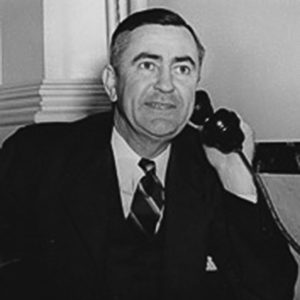 Lloyd Spencer
Lloyd Spencer
Spicer, William Leach
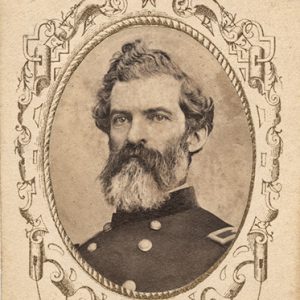 John W. Sprague
John W. Sprague
Sprick, Dan Travis
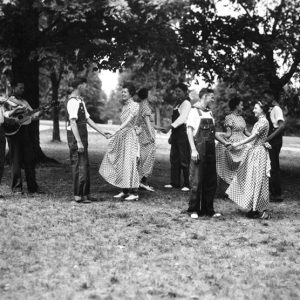 Square Dance
Square Dance
 St. Francis County Courthouse
St. Francis County Courthouse
 Staircase to Senate Chamber
Staircase to Senate Chamber
Stallcup, Mary
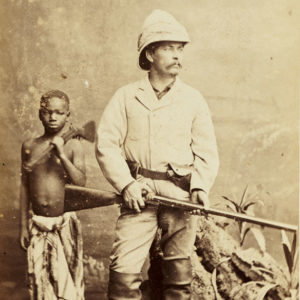 Stanley and Son
Stanley and Son
 Henry Stanley
Henry Stanley
Stanley, Henry Morton
aka: John Rowlands
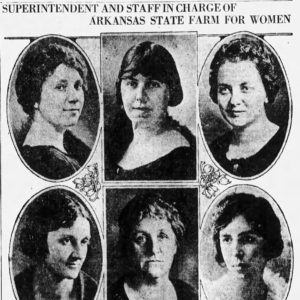 State Farm for Women Article
State Farm for Women Article
State Parks Division
aka: State Parks
aka: Arkansas State Parks
 State Quarter Launch
State Quarter Launch
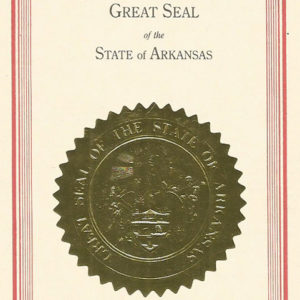 State Seal
State Seal




